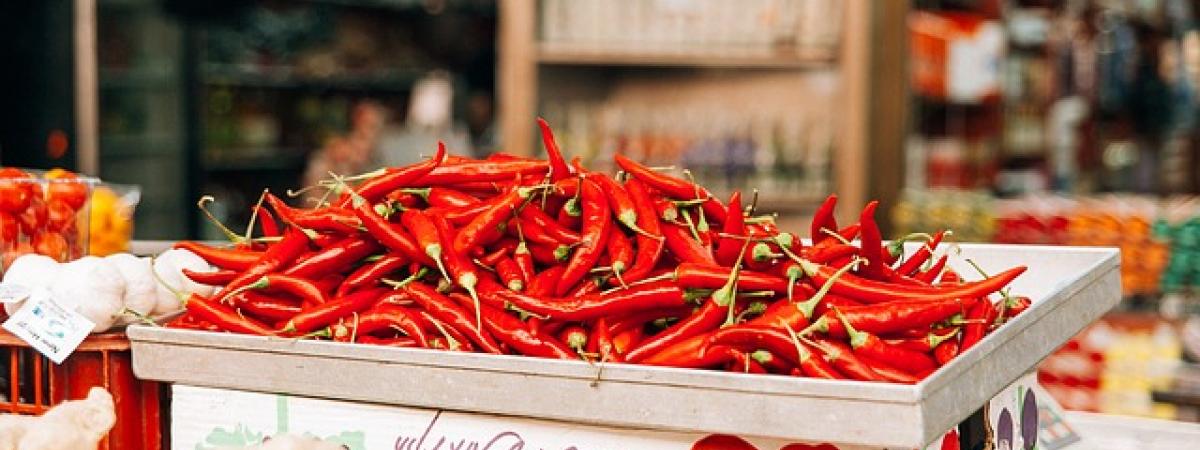Could spicy food make you live longer?
published in Reader's Digest,
28 October 2015

From garlic to goji berries, many foods claim to work wonders for human health. Recent media reports suggest that the humble chilli pepper may harness some amazing properties too.
More than 200 varieties of chilli exist, and they are a very versatile ingredient. Roasted, stuffed, added to burgers, paired with cheese or the key ingredient in a fiery Thai curry.
The Guinness World of Records contains listings of the heaviest and the hottest chilli pepper, and people have competed to be the fastest chilli chopper or eater. We really do seem to be intrigued by this small fruit, and the interest in chilli is hotting up.
Spice up your life
Anyone who has accidently rubbed chilli pepper into them whilst cooking knows how much it stings. It’s somewhat surprising then, that recent media reports suggest that chilli might actually be beneficial to health.
A huge study, involving nearly 500,000 people across China over 7 years, showed that when people ate spicy food several times a week, their risk of dying from cancer, heart disease or respiratory disease lowered by 10%.
Dr Nita Forouhi of Cambridge University suggests that chilli might be protecting the body via “antimicrobial, anti-oxidant, anti-inflammatory, and anti-cancer properties”. Chilli may also help to fight obesity by increasing metabolism and decreasing appetite.
So should we all be adding extra spice to our food?
The authors of the Chinese Study admit that more research is needed.
For those eating a lot of spicy food, it is likely that they would also be consuming larger proportions of oil and rice—what effect do these foods have on health? And what is the spicy food washed down with? Is more water, tea or beer consumed to cool down the palate? The health benefits of water are well-known.
Could it even be that when people are unwell, they are less keen to eat spicy food anyway? In this case, the protective effects of chilli may have been overestimated.
So, what is the advice on spice?
Even if a little extra chilli might do us good, appetites are hard to change. Spicy food is described as an essential part of the Korean diet, with each person eating approximately 7g red pepper per day, whereas in the USA only 10% of the population consume any spicy food each day.
One innovative study tried to investigate how more spice could be added to the American diet. Introducing spicy food in childhood, gradual low-dose exposure, role models and pairing spicy foods with those containing fat or sugar were all suggested.
Before getting too fired up and overindulging in chilli, “moderation in all things” seems to be the final answer. A separate study in China showed that there may be some connection between excessive consumption of spicy food and stomach cancer.
For now, the advice is to keep cool and carry on eating a varied diet. Variety really is the spice of life.
